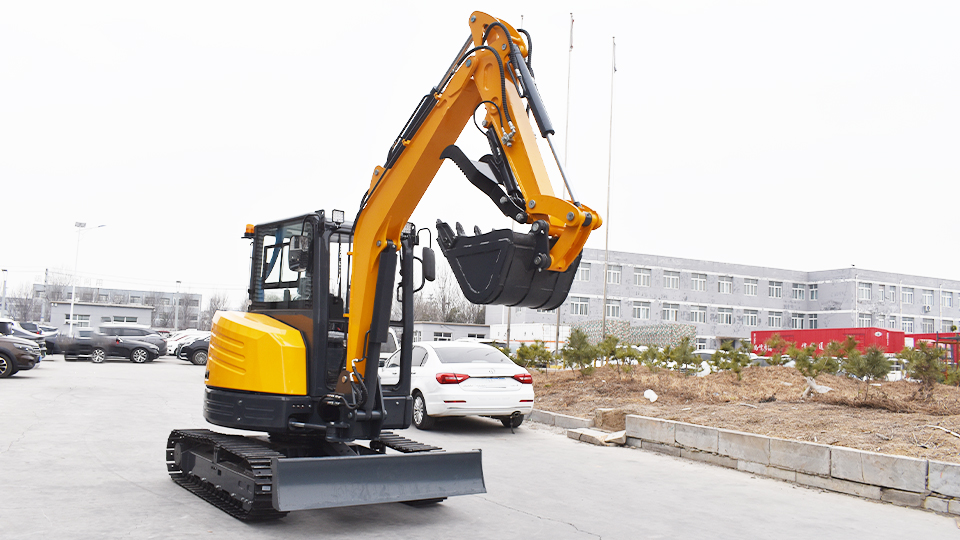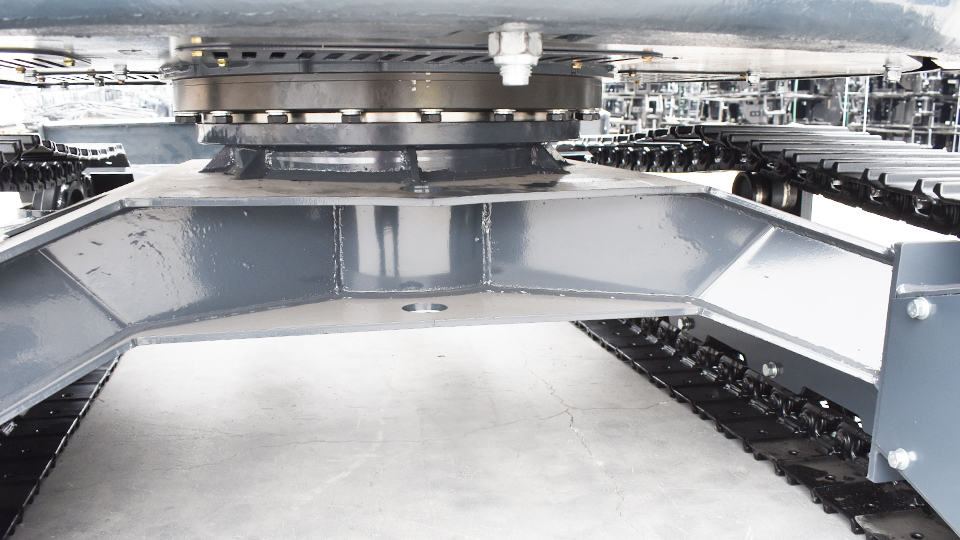The world of construction and heavy machinery is filled with specialized terms, and the "excavator" is no exception. While "excavator" is the technically correct and widely understood term, regional variations, colloquialisms, and specific industry jargon often come into play. This article explores the nuances of how Americans refer to these versatile digging machines, examining the common terms, regional variations, and the factors that influence their usage.
The Ubiquitous "Excavator"
"Excavator" is the most universally accepted and professionally used term in the United States. It's the standard terminology employed in industry manuals, safety regulations, and formal documentation. When communicating with engineers, construction managers, or equipment suppliers, "excavator" is the safest and most accurate term to use.
Common Colloquialisms and Regional Variations
Despite the prevalence of "excavator," several colloquialisms and regional variations exist, reflecting the diverse linguistic landscape of the United States:
· "Digger": This term is perhaps the most common colloquialism, particularly among construction workers and operators. It's a simple, straightforward term that emphasizes the machine's primary function.
· "Backhoe": While technically a different machine (a tractor with a backhoe attachment), "backhoe" is sometimes used interchangeably with "excavator" in casual conversation, especially when referring to smaller excavators or those with backhoe-like attachments. This usage is less common with larger, dedicated excavators.
· "Trackhoe": This term is specific to excavators with tracked undercarriages. It's particularly common in regions where tracked excavators are prevalent, such as construction sites with uneven terrain.

· "360": This term refers to the machine's ability to rotate its cab and boom a full 360 degrees. It's more common among operators and those familiar with the machine's operation.
· "Hydraulic Excavator": While less common in everyday conversation, this term is used to emphasize the machine's hydraulic operating system, which is a key feature.
· "Power Shovel": Though technically an older machine, the term "power shovel" is sometimes used, especially by older generations, to refer to large excavators.
· "Mini-Ex": This is a very common term for "Mini Excavator" and is used in almost any region.
· "Crawler": This term is used when referring to the tracked undercarriage of the excavator.
· "Machine": In some cases, operators and workers may simply refer to the excavator as "the machine," especially when context makes it clear what machine is being discussed.
Factors Influencing Terminology
Several factors influence the terminology used for excavators:
· Regional Dialect: Regional variations in language can lead to different terms being used in different parts of the country.
· Industry Jargon: Specific industries, such as construction, mining, and demolition, may have their own specialized terms.
· Operator Slang: Construction workers and operators often develop their own slang and colloquialisms, which can vary from site to site.
· Machine Size and Type: The size and type of excavator can influence the terminology used. For instance, "mini-ex" is specific to smaller excavators.
· Generational Differences: Older generations may use terms like "power shovel," while younger generations are more likely to use "excavator" or "digger."
· Context: The context of the conversation can also influence the terminology used. In formal settings, "excavator" is preferred, while in casual settings, "digger" or "trackhoe" may be more common.
· Manufacturer Terminology: Specific manufacturers may have their own terminology for certain features or models, which can influence how operators refer to them.
The Importance of Clarity and Precision
While colloquialisms and regional variations are common, clarity and precision are essential in professional settings. Using the correct terminology can prevent misunderstandings and ensure effective communication.

Best Practices for Terminology
· Use "excavator" in formal settings and when communicating with professionals.
· Be aware of regional variations and colloquialisms, but avoid using them in formal settings.
· Use specific terms like "trackhoe" or "mini-ex" when referring to specific types of excavators.
· When in doubt, ask for clarification.
Conclusion
While "excavator" is the standard and most accurate term, Americans use a variety of colloquialisms and regional variations to refer to these machines. "Digger," "trackhoe," and "mini-ex" are common examples. Understanding these variations and using the appropriate terminology can enhance communication and prevent misunderstandings in the construction and heavy machinery industries.
Post time:Sep-25-2020
